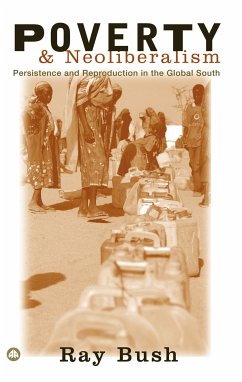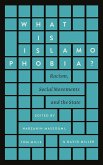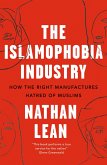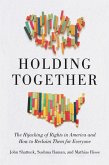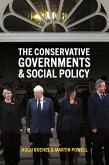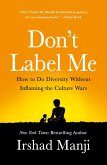Why do so many people worldwide suffer hunger and poverty when there is enough food and other resources globally to prevent it? This book shows how famine and food insecurity are an essential part of modern capitalism.
Although trade, debt relief and development initiatives are important, they do not alter the structure of the global economy and poverty continues to be created by processes like privatisation, trade liberalisation and market reform. Despite the 'end poverty' rhetoric of the World Bank and the G8, these high levels of poverty sustain Western wealth and power. Is there any hope for change? Using case studies from Egypt and North Africa, Nigeria, Sudan and elsewhere in sub-Saharan Africa, Ray Bush illustrates that there is resistance to neoliberal policies, and that struggles over land, mining and resources can shape real alternatives to existing globalisation.
Although trade, debt relief and development initiatives are important, they do not alter the structure of the global economy and poverty continues to be created by processes like privatisation, trade liberalisation and market reform. Despite the 'end poverty' rhetoric of the World Bank and the G8, these high levels of poverty sustain Western wealth and power. Is there any hope for change? Using case studies from Egypt and North Africa, Nigeria, Sudan and elsewhere in sub-Saharan Africa, Ray Bush illustrates that there is resistance to neoliberal policies, and that struggles over land, mining and resources can shape real alternatives to existing globalisation.
Dieser Download kann aus rechtlichen Gründen nur mit Rechnungsadresse in A, D ausgeliefert werden.

